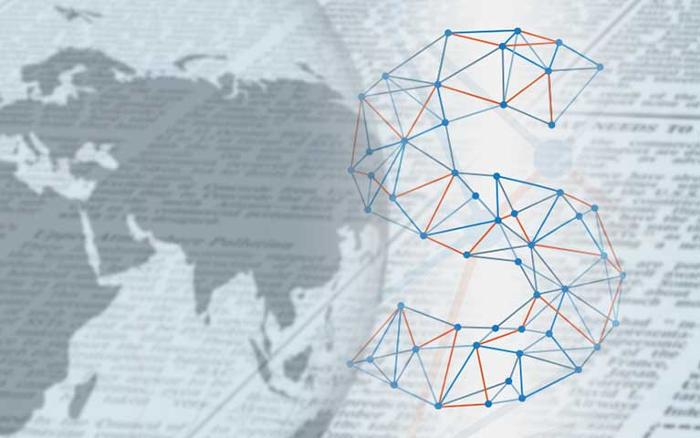

Laura Caballero (ACC): The future of cybersecurity is promising
Catalonia has 557 companies dedicated to cybersecurity, employing more than 10,600 people, according to Laura Caballero Nadales, director of the Agència de Ciberseguretat de Catalunya (ACC), director of the Agència de Ciberseguretat de Catalunya (ACC), who adds that the sector has an annual turnover of more than €1.473 billion in this community. Globally, the cybersecurity market will grow at a rate of 8% per year, reaching $272 billion by 2030. In her view, "the future of cybersecurity is promising from a business perspective".
Why is Catalonia a strategic hub for cybersecurity in Europe?
Catalonia is consolidating its position as a key technological hub in Europe thanks to an ecosystem in full expansion, with a strong innovative component and a clear international vocation. Catalonia currently has 557 companies dedicated to cybersecurity, 7.9% more than the previous year, employing more than 10,600 people.
Most of these companies are SMEs (82.6%) and start-ups (10.6%) and many of them have a turnover of more than one million euros. In addition, more than 26% export internationally and almost 17% are subsidiaries of foreign companies. For all these reasons, we are not only making progress in cybersecurity, but it has become a strategic axis of the country.
What is the turnover of this sector in Catalonia?
The cybersecurity sector in Catalonia has an annual turnover of more than 1.473 billion euros, which represents a growth of just over 18% compared to the previous year. This figure reflects, on the one hand, the growing demand for digital protection services, especially in areas such as banking, energy, transport and health, and on the other hand, the consolidation of the cybersecurity sector.
As an expert, you are also well acquainted with the international cybersecurity landscape. What are the forecasts for growth in this area worldwide?
The future of cybersecurity is promising from a business perspective. Globally, the cybersecurity market is expected to grow at a rate of 8% per year, reaching $272 billion by 2030.
This growth is driven by the rapid adoption of new technologies and the steady increase in cyber-attacks. The most in-demand sectors worldwide are financial services (32.6%), public administration (24.1%) and the health sector (11.9%).
What are the main measures taken by the Cybersecurity Agency of Catalonia to prevent and mitigate cyber-threats and attacks?
In the public sector, Catalonia has deployed a robust cybersecurity model, especially in critical infrastructures such as the public health system (SISCAT) and data processing centres (DPCs). Measures include: early threat detection systems, blocking of malicious emails, training and cyber-incident drills. In addition to investing in awareness-raising actions to accompany citizens and to be better prepared to face digital risks. The Cybersecurity Agency of Catalonia leads policies to protect institutions and the public sector and collaborates with state and international actors.
How is the use of artificial intelligence being introduced into cybersecurity actions and projects?
The sheer volume of data and the complexity of the environment require us to apply artificial intelligence technologies to act quickly and efficiently. On the one hand, intelligent assistants support the daily work of the teams; on the other hand, we use advanced AI tools and develop proprietary models to automate and optimise both data analysis and operations. It is clear to us that the success of cybersecurity depends directly on the ability to evolve with smart and scalable technologies.





